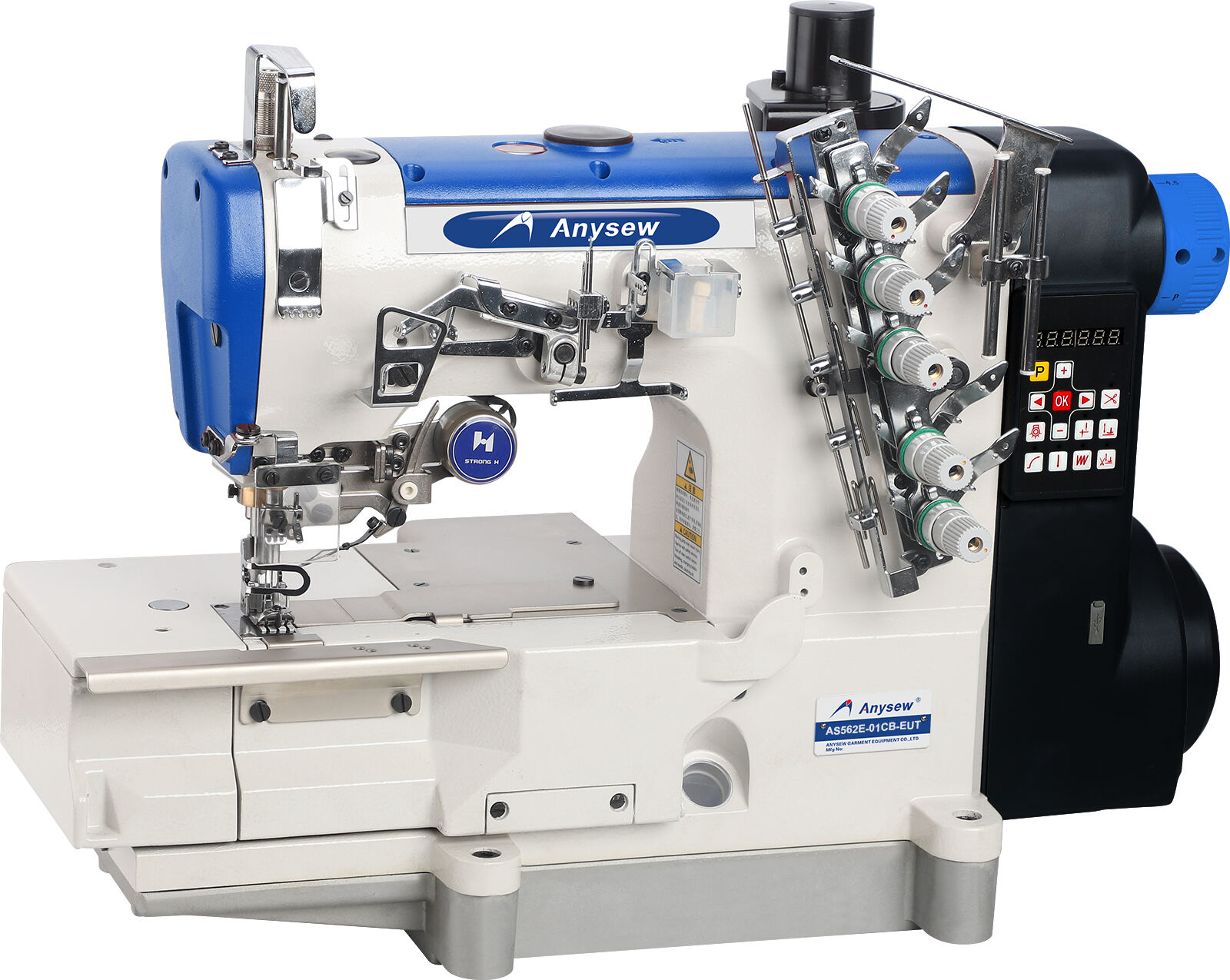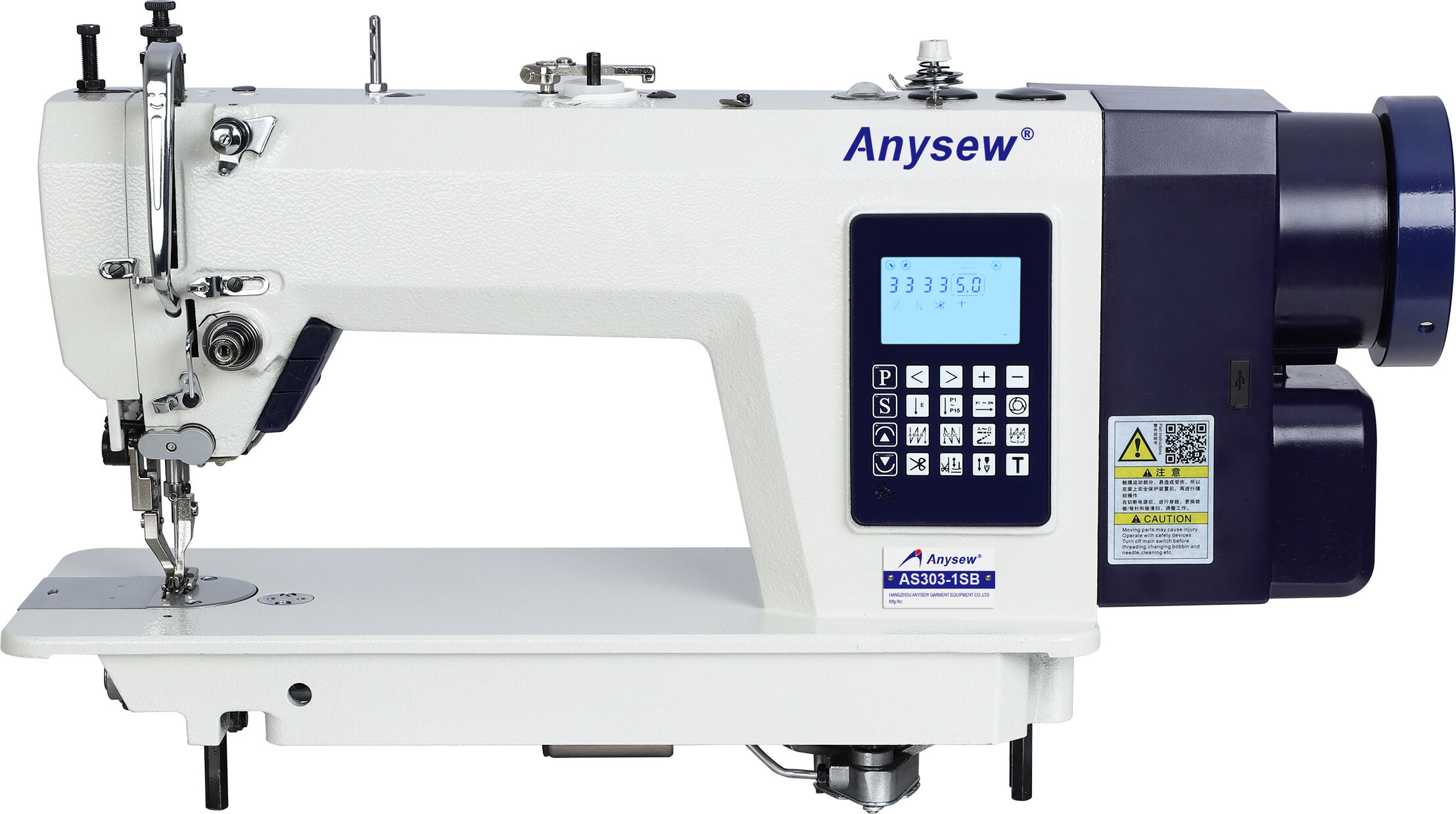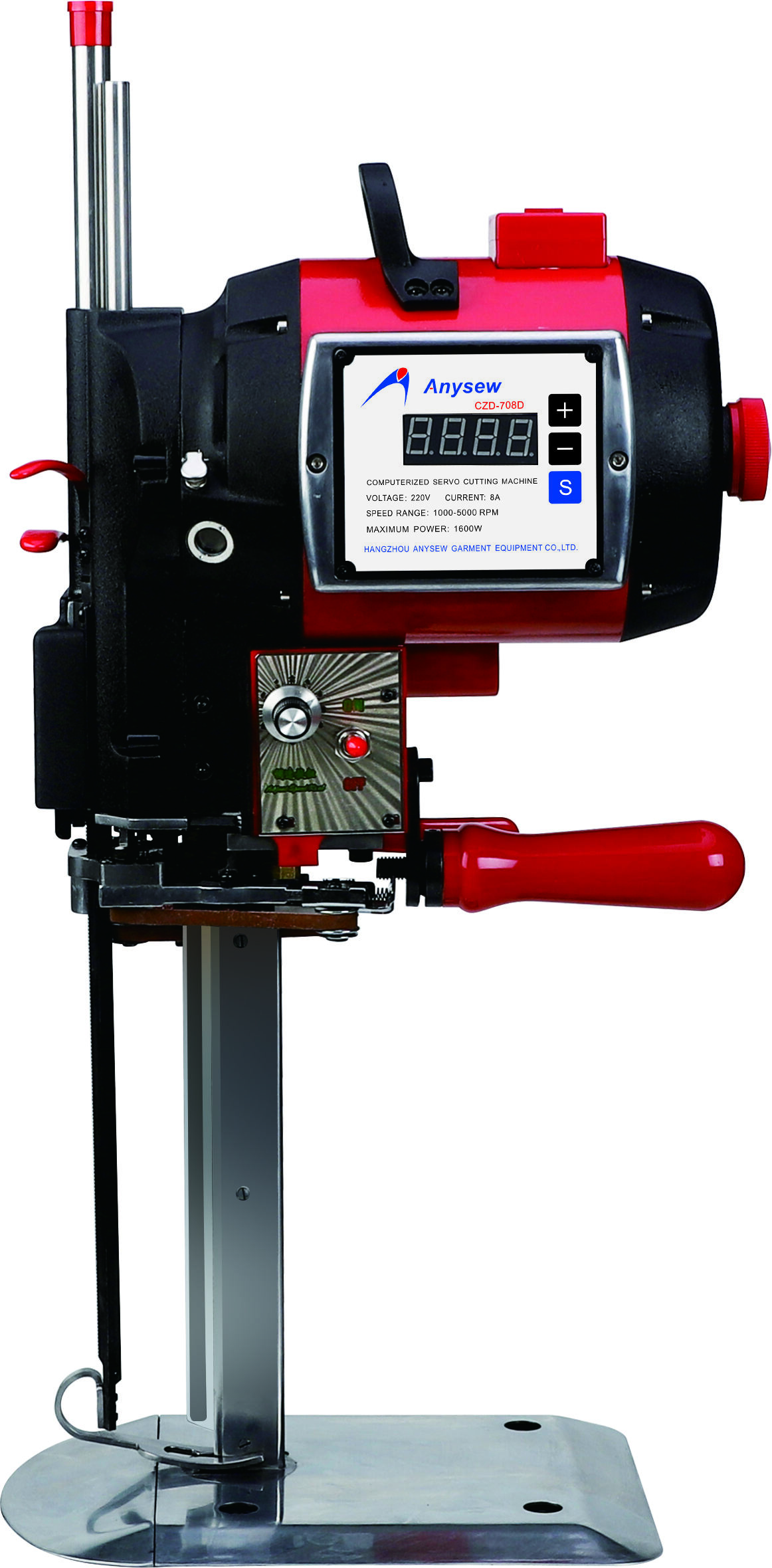fabric cutting machine price
When exploring fabric cutting machine prices, it's essential to understand the comprehensive value these innovative devices offer. Modern fabric cutting machines combine precision engineering with advanced technology, typically ranging from $2,000 to $50,000 depending on capabilities and specifications. These machines feature automated cutting systems that can handle multiple layers of fabric simultaneously, utilizing computer-aided design (CAD) software for precise pattern implementation. The price points reflect various factors including cutting speed, which can reach up to 120 meters per minute, material handling capacity, and technological sophistication. Entry-level models offer basic cutting functions with manual pattern input, while premium machines include features like automatic fabric feeding, pattern nesting optimization, and cloud connectivity for remote operation. The investment consideration must account for the machine's ability to reduce material waste by up to 30%, increase production efficiency by 40-60%, and significantly minimize human error in the cutting process. Many manufacturers offer flexible pricing models, including leasing options and payment plans, making these essential tools accessible to businesses of various sizes. The price also typically includes installation, basic training, and initial software setup, ensuring immediate operational capability.


